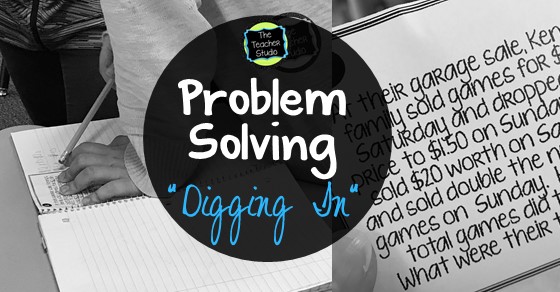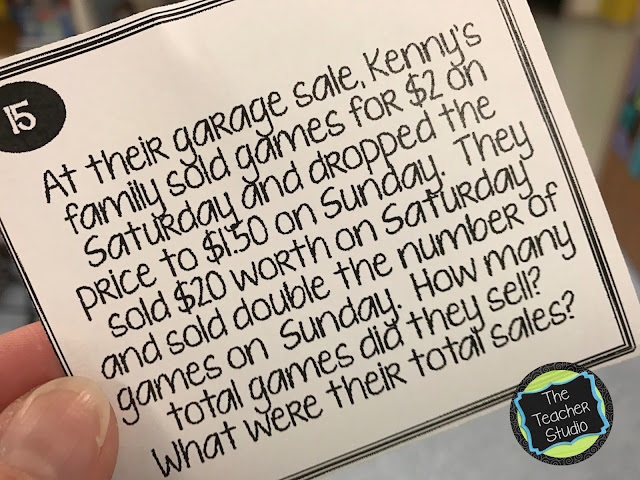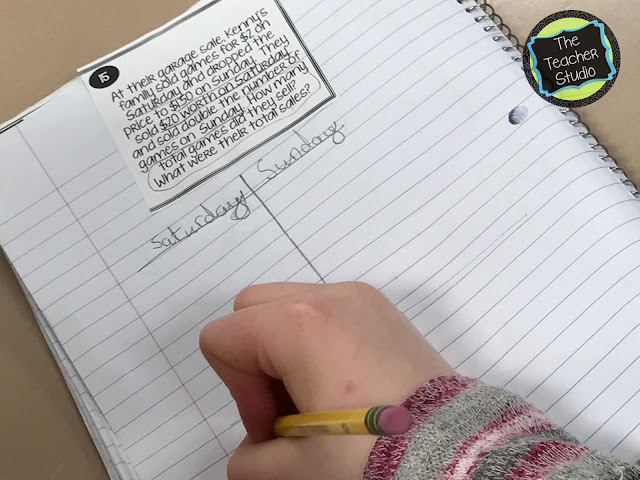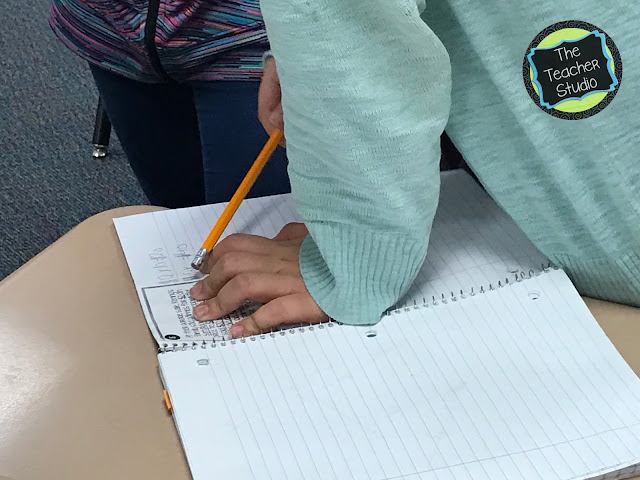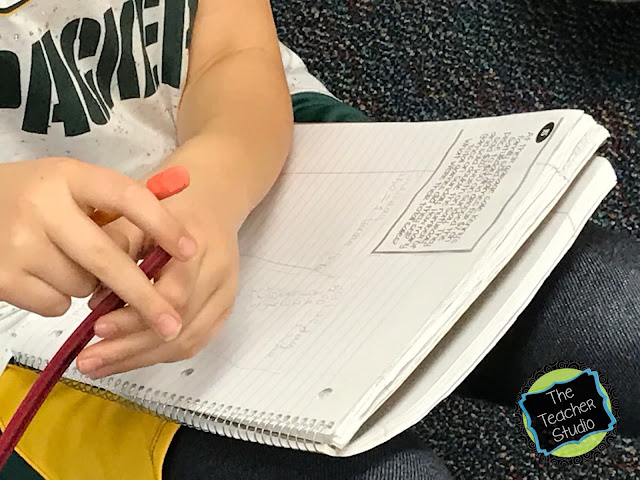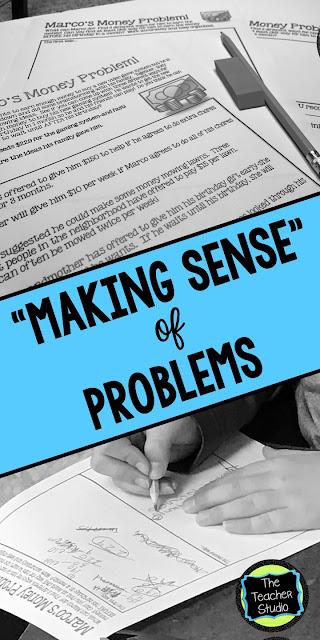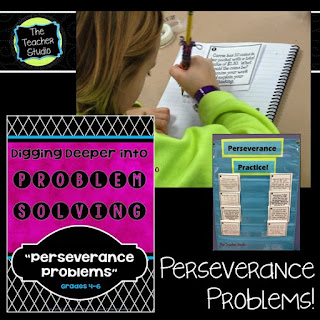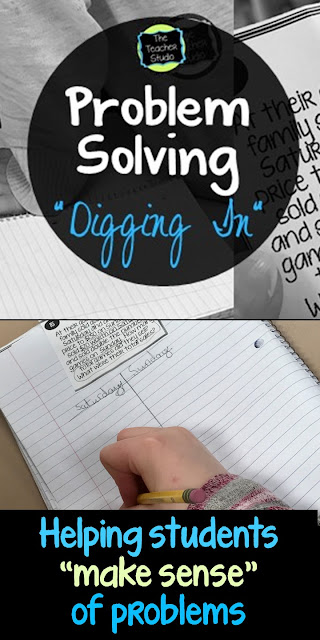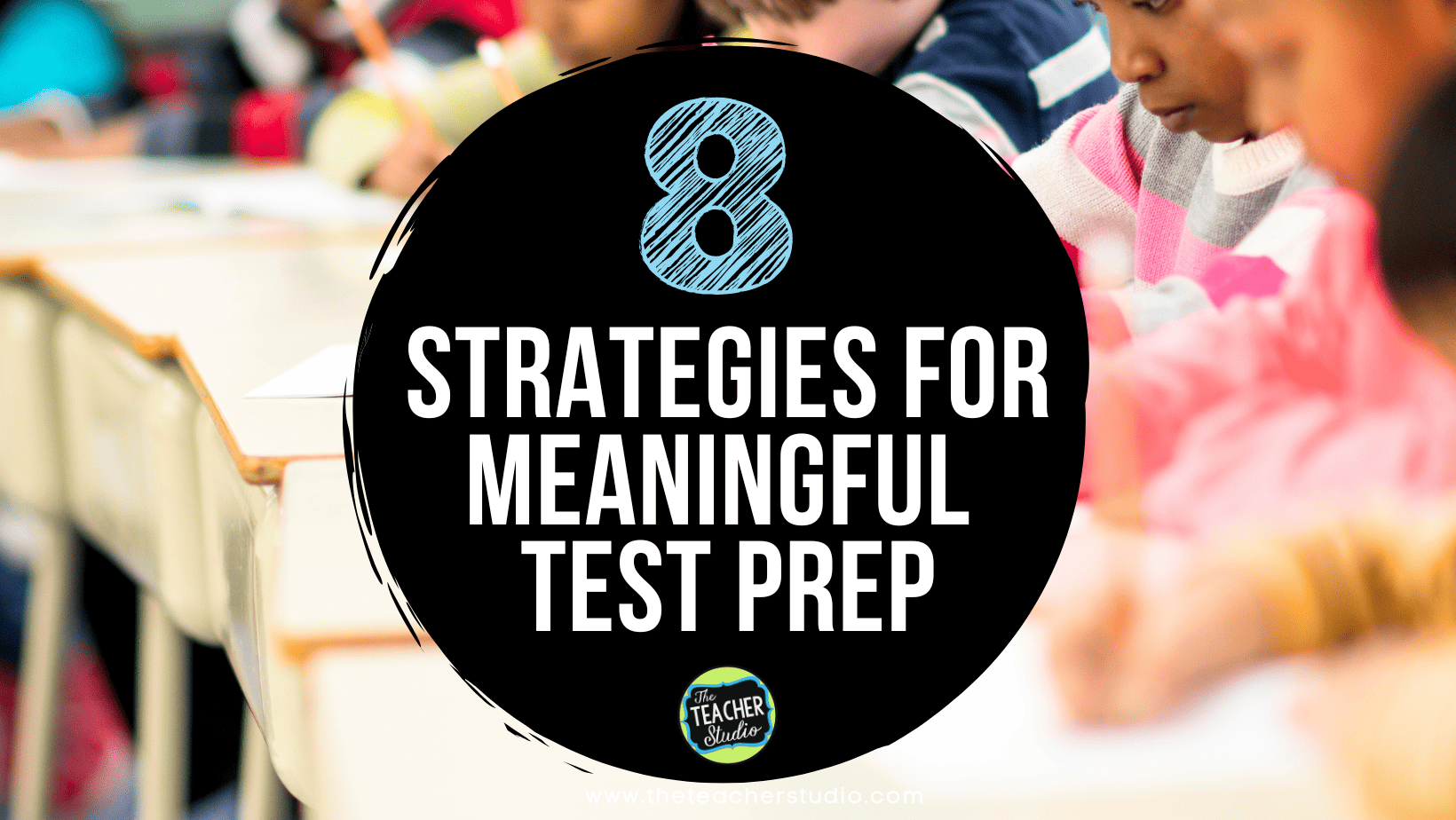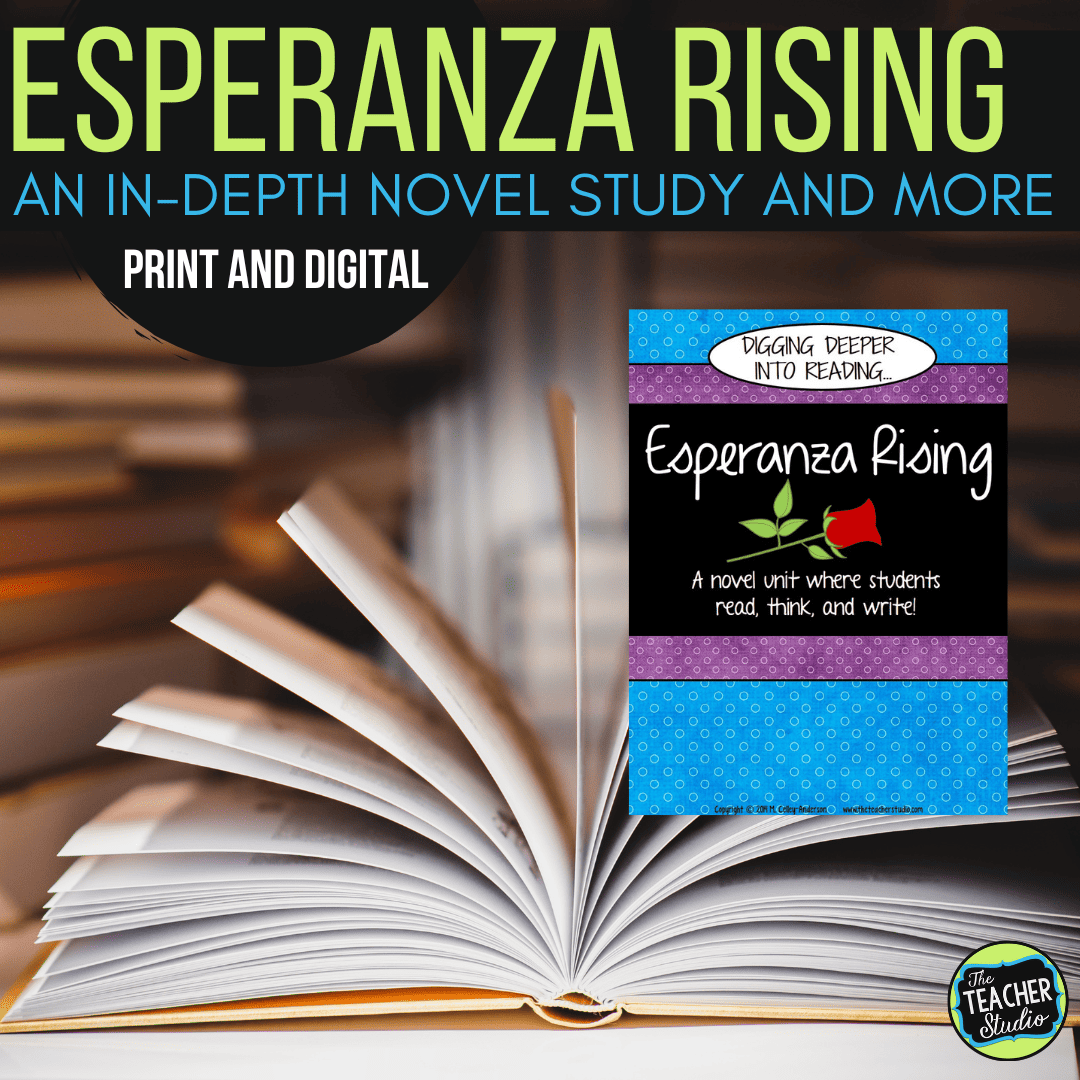How many of you have ever given your students a challenging problem and within SECONDS heard something like…
This is the point where every teacher sighs and wonders where they went wrong as teachers–or where the students have been during the last months of teaching! I think part of the problem comes from the fact that we too often make assumptions about what our students know about “tackling” problems. Whether they struggle with reading–or maybe with motivation–looking at a problem can often lead to shut down from some students. I have a few tips that I have found to be successful. See what you think!
1. Sometimes it’s ok to read the problem to the class (or to a small group or individual). Yes, part of math is being able to make sense of a problem independently, but we also need to remember that separating the reading from the math provides equal access for all students. Let’s not make all our struggling readers math deficient as well! Reading problems aloud can get students’ brains working, focused and ready. Think about your goal–if your goal is “Students will independently be able to read and make sense of a problem”, then this tip is not useful. If your goal is more math oriented–like “Students will work to solve multi-step problems.” or “Students will use estimation strategies to check their work.”, reading certainly can be taken out of the equation (pun totally intended).
4. Two heads are better than one! Cooperative problem solving can be SUCH a game changer for students who tend to sit back passively. That being said, it does take some work up front with students to learn the art of partnering. I have a blog post from this fall about it if you are interested. Just CLICK HERE to read it! Some students navigate this seamlessly with minimal coaching and others need help. Put your observation “lens” on and watch to see how students work together–and giving reminders about what is expected in partnerships is a great idea. Creating an anchor chart together about how partnerships work gives you a visual to refer to all year long.
So…we really need to put our students in positions where they can take some ownership and dig in without us “‘spoonfeeding” them and coaching too much! Coming soon–a blog post about how to do just that! Want to see another blog post about helping students makes sense of problems? Just click the image below to take you there!


